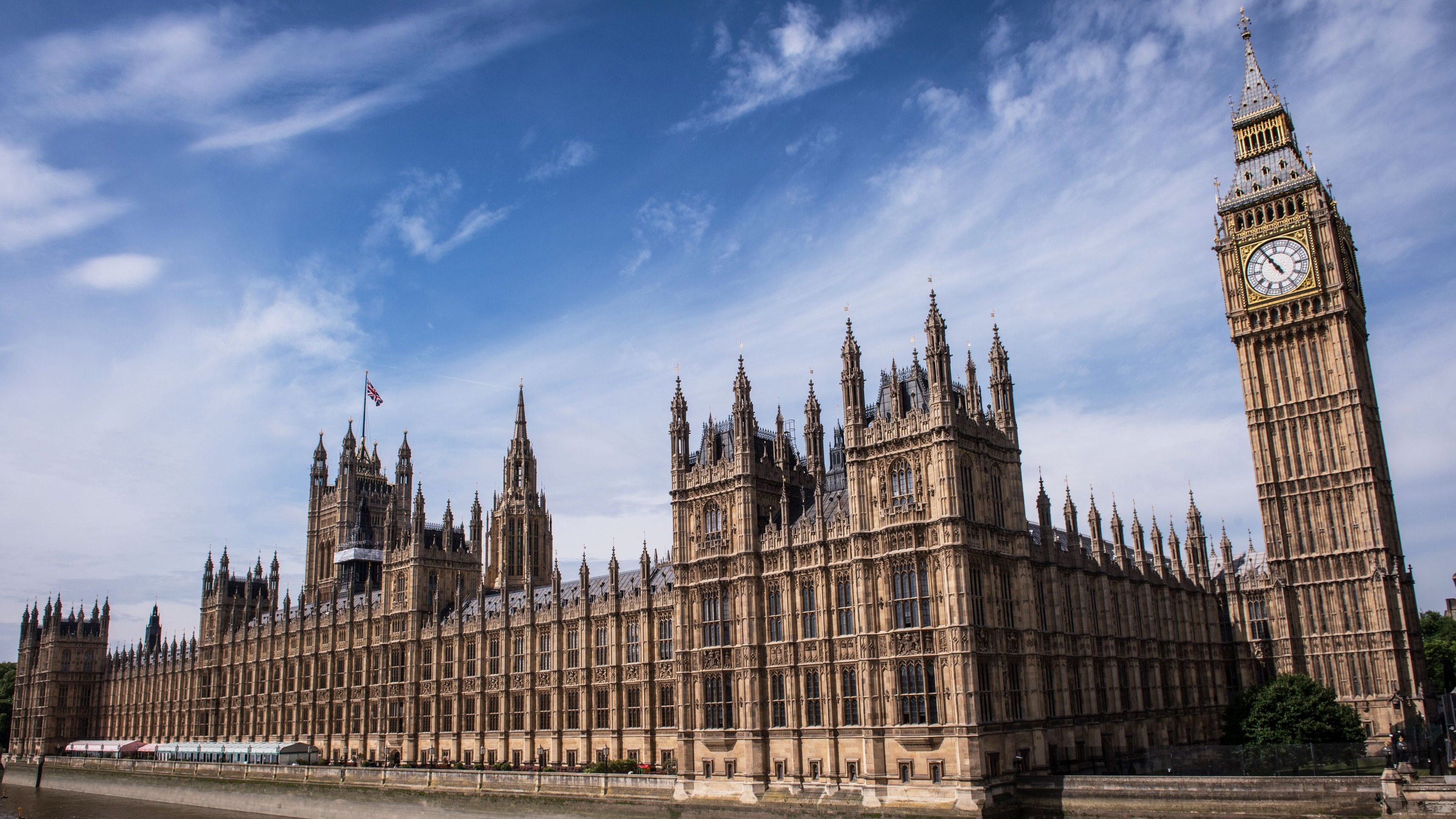The Chancellor, Philip Hammond, has said he will not proceed with plans to raise National Insurance Rates for the self-employed – because this went against ‘the spirit’ of the last Conservative manifesto.
This was one of the key proposals of Philip Hammond’s first Budget, delivered just one week ago. Although many pundits predicted that this change may be watered down in the Autumn, the speed of this u-turn has caught many by surprise. It has also left a £500 million hole in the Chancellor’s spending plans.
In last week’s Budget, Hammond proposed to increase Class 4 National Insurance contributions – paid by the self-employed – by 2% over two years.
Currently the self-employed pay NICs at 9% of earnings, while employees pay 12%. But plans to align them have now been dropped, at least for this Parliament. It remains to be seen whether this loss or revenue will impact on other spending plans in the Budget.
Hammond had faced a backlash by Conservative backbenchers, who accused him of breaking a general election manifesto commitment not to put up National Insurance, income tax or VAT.
In a letter explaining this u-turn, Hammond said: "It is very important both to me and to the prime minister that we are compliant not just with the letter, but also the spirit of the commitments that were made.
"In the light of what has emerged as a clear view among colleagues and a significant section of the public, I have decided not to proceed with the Class 4 NIC measure set out in the Budget.”
While many welcomed this change of heart, they criticised the Government for not considering the implications of this proposed change.
Rob Lankey, chief executive of the National Association of Commercial Finance Brokers, says: "Hammond's swift about-turn on the subject of NICs will rally the self-employed who might have felt unfairly targeted in last week's Budget.
"Working attitudes have shifted over the last couple of years to allow for increasingly flexible employment types – the upturn in the number of self-employed workers in the economy is just one of the benefits of this.
"Last week's decision to increase national insurance contributions for this group of workers was a low-blow to businesses that rely on these innovative ways of working, such as companies within the gig economy, as well as the likes of buy-to-let property investors.”
Nigel Green, chief executive of the deVere Group said: “This is a stunning u-turn by the Chancellor, just a week since his Budget. Whilst we welcome this climbdown, it does show just how out of touch this government is with Britain’s hardworking, already-squeezed and over-taxed entrepreneurs – the lifeblood of the UK economy.”
Government Needs "Better Long-term Planning"
Steve Webb, the former Liberal Democrat Pensions Minister, and now director of policy at Royal London said this highlighted the need for better long-term planning within Government – particularly on issues related to financial planning.
He said: "It is time for an end to the roller-coaster of policy making from the Treasury. First we had a dividend tax break introduced and slashed a year later. Then we had a National Insurance rise for the self-employed reversed within days of being announced. What is needed is a long-term strategy for tax, not a series of short-term announcements.
“Now that the Chancellor has pledged to leave NICs for the self-employed alone, we also need a long-term commitment to stop meddling with pension tax relief. That would provide savers with the certainty that they urgently need. We also need a strategy to tackle the pensions saving crisis amongst the self-employed which remains unaddressed”.
Steve Cameron, pensions director for Aegon said this was good news for millions of self-employed people in the UK. However, he warned that the Chancellor may now be looking at other ways to level the playing field between employed and self-employed workers.
It was thought that this change was to stop abuses in the system, where some employed people switch to self-employed status, although are working only for one company. This costs the exchequer money through lost NI payment, as the employer no longer has to pay NICs at 13% of salary, and the contracts NI rates fall from 12 to 9%.
However, raising Class 4 NICs across the board caught far more people, who do not have the paid holiday, annual leave or job security that comes with being an employee.
Cameron added: “While the u-turn is likely to be welcomed by many self-employed people, the policy has put the spotlight on the issue of NICs and the rights and benefits of those working in the gig economy. We hope that the government will look more closely at what can be done to close disparities between the employed and the self-employed.”





























